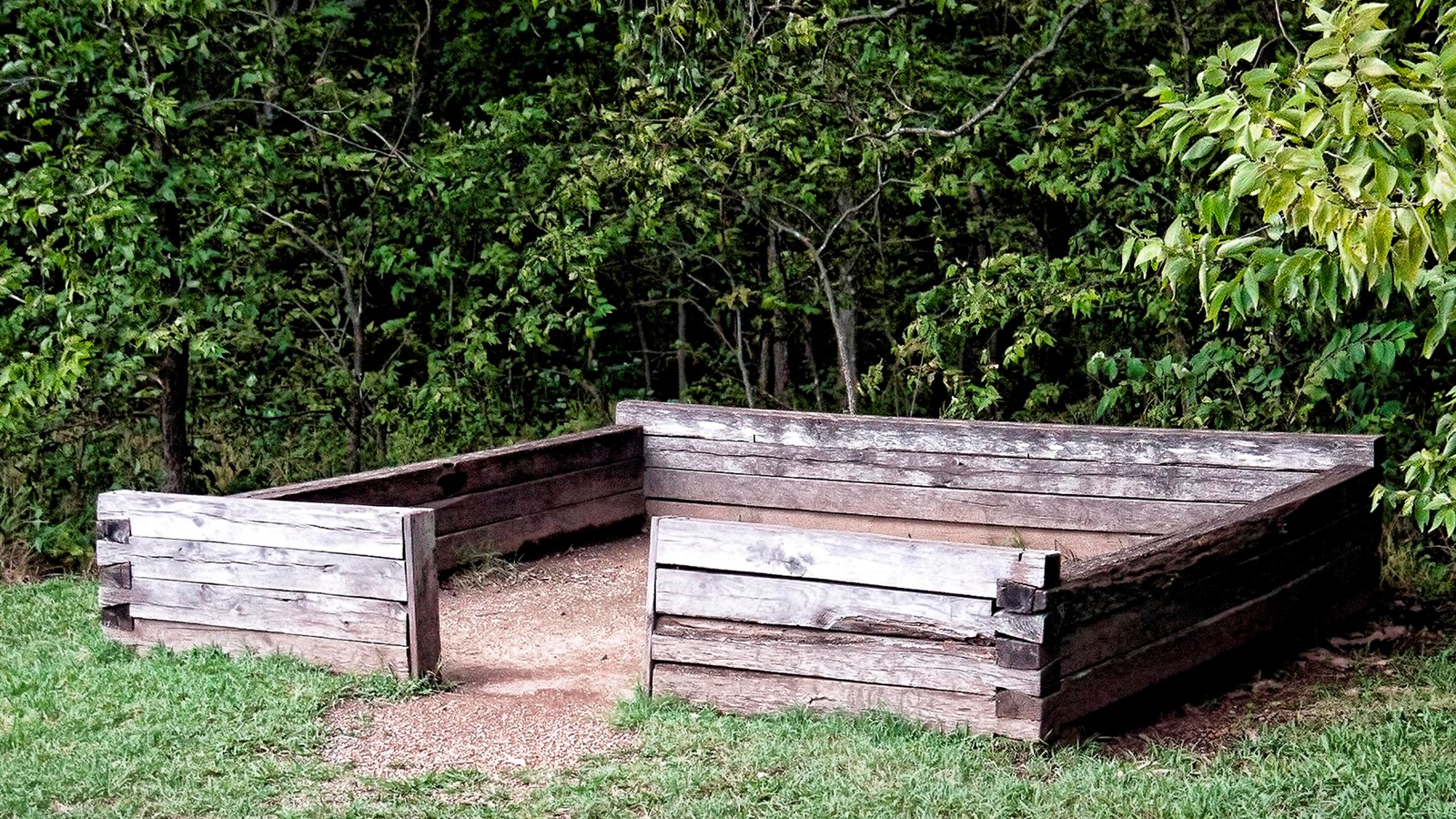Last updated: October 27, 2020
Place
George Washington Carver Birthplace Site

NPS
Accessible Rooms, Accessible Sites, Assistive Listening Systems, Automated External Defibrillator (AED), Braille, Captioned Media, Cellular Signal, Elevator, Fire Extinguisher, First Aid Kit Available, Food/Drink - Vending Machine/Self Service, Gifts/Souvenirs/Books, Historical/Interpretive Information/Exhibits, Information, Information - Maps Available, Information - Ranger/Staff Member Present, Information Kiosk/Bulletin Board, Internet/WiFi Available, Open Captioning, Parking - Auto, Picnic Table, Recycling, Restroom, Restroom - Accessible, Restroom - Family, Telephone, Theater/Auditorium, Toilet - Flush, Trash/Litter Receptacles, Water - Bottle-Filling Station, Water - Drinking/Potable, Wheelchair Accessible, Wheelchairs Available
When Moses and Susan Carver moved to southwest Missouri, they built a small 14 x 14 cabin. Eventually that same cabin was inhabited by an enslaved young woman named Mary, who was purchased by Moses Carver in 1855 and gave birth to George Washington Carver towards the end of the Civil War. Today visitors can see the approximate area where the cabin once stood with a wooden frame outline.
During the Civil War, guerrilla warfare intensified along the Missouri-Kansas border. Born enslaved on the Moses and Susan Carver farm about 1864, George Washington Carver was caught up in the turmoil. When George was an infant outlaws kidnapped him and his mother Mary. George was located in Arkansas and returned to the Carvers, orphaned and nearly dead from whooping cough. His mother was never found. He never knew the identity of his father, although George believed he was enslaved on a nearby farm. George's frail health freed him from many daily chores, giving him time to explore. "Day after day I spent in the woods alone in order to collect my floral beauties and put them in my little garden I had hidden in brush." The flowers thrived under his care, and George acquired the nickname "The Plant Doctor" in his community. George left the farm about 1876. He never again lived with the Carvers, but many of his values were shaped during his years on the farm.
